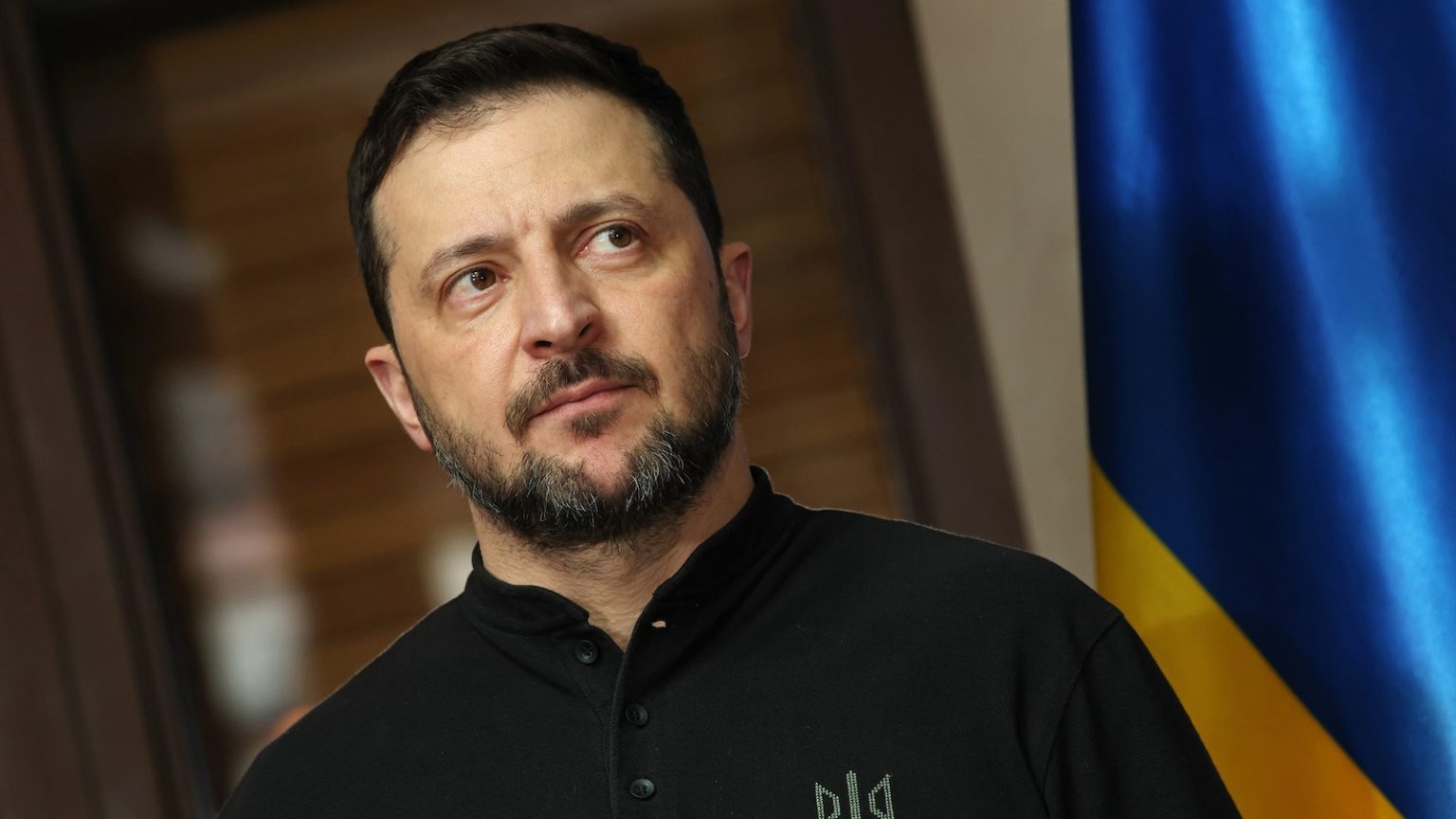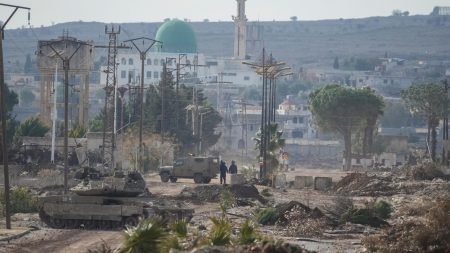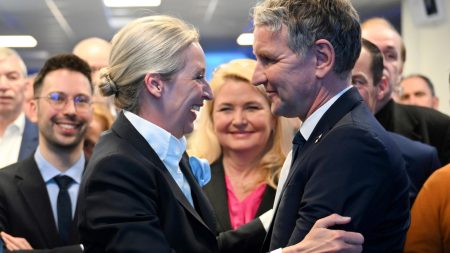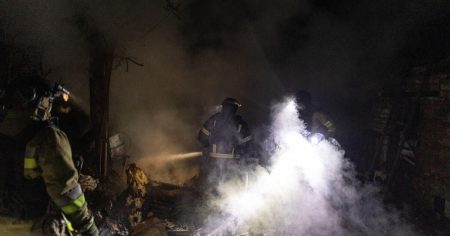Introduction: A Complex Diplomatic Landscape
The recent U.S.-Russia talks in Riyadh, Saudi Arabia, marked a significant yet contentious moment in the ongoing conflict between Ukraine and Russia. Notably, Ukraine was excluded from these discussions, sparking concern among its leaders and allies. The talks were intended to address the conflict, which has persisted for three years, but the absence of Ukrainian representation raised questions about the legitimacy and effectiveness of such negotiations.
Zelenskyy’s Response: Defiance and Dispute
Ukrainian President Volodymyr Zelenskyy swiftly countered claims made by former U.S. President Donald Trump regarding his alleged low approval ratings. Trump cited an unsubstantiated figure of 4%, which Zelenskyy dismissed as Russian disinformation. The Ukrainian leader highlighted recent polls showing his support above 50%, emphasizing the credibility of these surveys and the inaccuracy of Trump’s statement. Zelenskyy’s response underscored his resilience and determination to lead Ukraine through its current challenges.
Russian Attacks: Continued Aggression Despite Talks
Despite the diplomatic efforts in Riyadh, Russia launched a significant missile and drone attack on Ukraine, targeting civilian infrastructure. Zelenskyy condemned this action, pointing out the hypocrisy of Russia’s claims to avoid targeting energy facilities. The attack caused widespread disruptions, highlighting the harsh realities of the conflict and the relentless nature of Russian aggression.
Criticism and Distrust: Skepticism Over Talks
The exclusion of Ukraine from the Riyadh talks drew sharp criticism, with Zelenskyy expressing skepticism about the negotiations. He noted that such discussions, held without Ukrainian input, echoed earlier Russian ultimatums and raised doubts about their sincerity. This perspective was shared by European allies, who questioned the exclusion and its implications for a just resolution to the conflict.
U.S. Involvement: Diplomatic Efforts and Controversy
The U.S. envoy’s mission to Ukraine aimed to facilitate dialogue, yet Trump’s stance on the conflict, including unfounded claims about its origin, added complexity. Zelenskyy rejected a controversial U.S. proposal demanding a significant portion of Ukraine’s resources without security guarantees, labeling it unserious. This stand highlighted Ukraine’s need for robust Western support, particularly in air defense, where U.S. assistance remains crucial.
Conclusion: Resilience and the Need for Support
The situation underscores Ukraine’s resilience and the imperative for continued international support. Despite diplomatic overtures, the conflict’s intensity and Russia’s unreliability suggest a long and challenging road ahead. Zelenskyy’s leadership and the resolve of the Ukrainian people remain central to navigating this complex geopolitical landscape, emphasizing the need for sustained Western aid to ensure Ukraine’s sovereignty and security.















